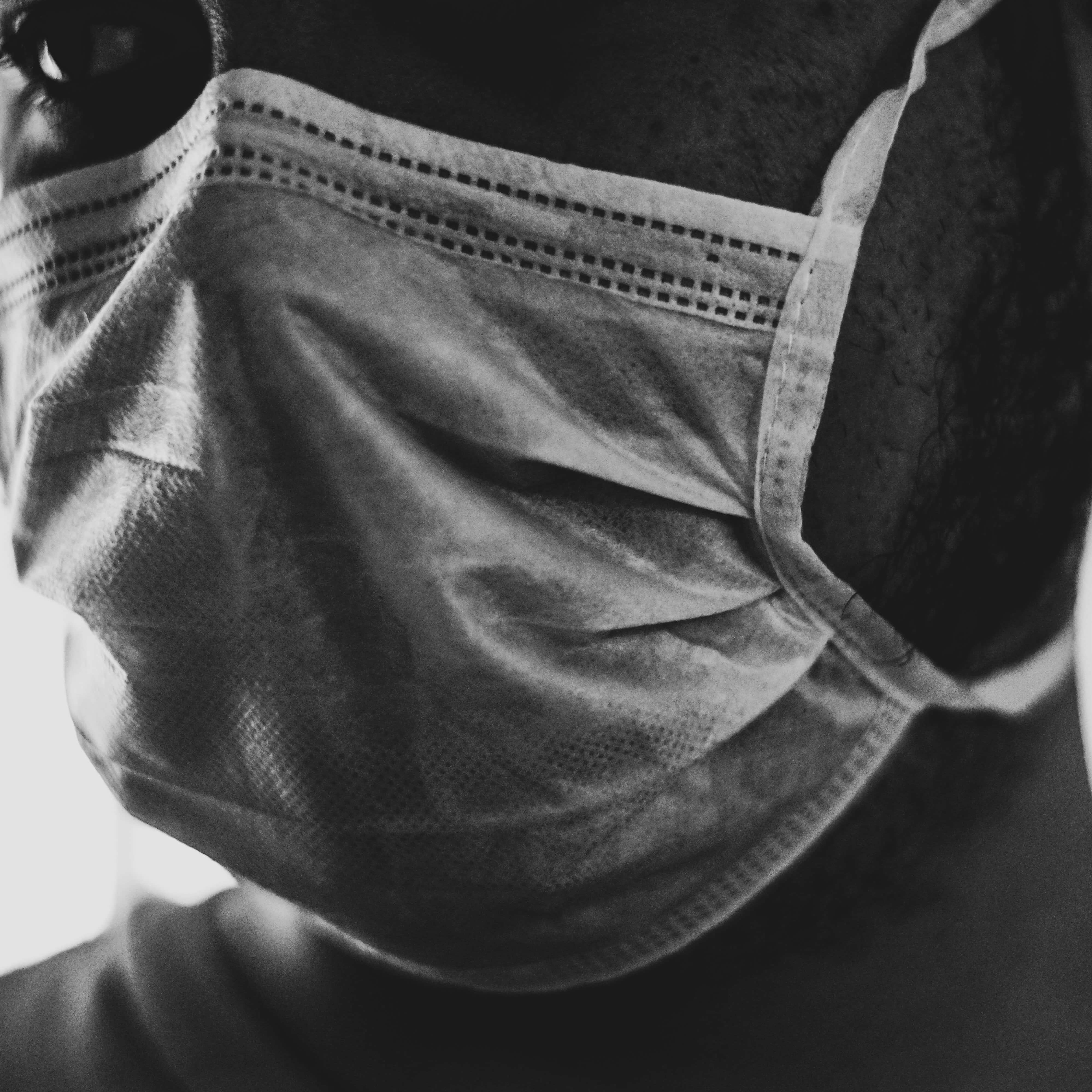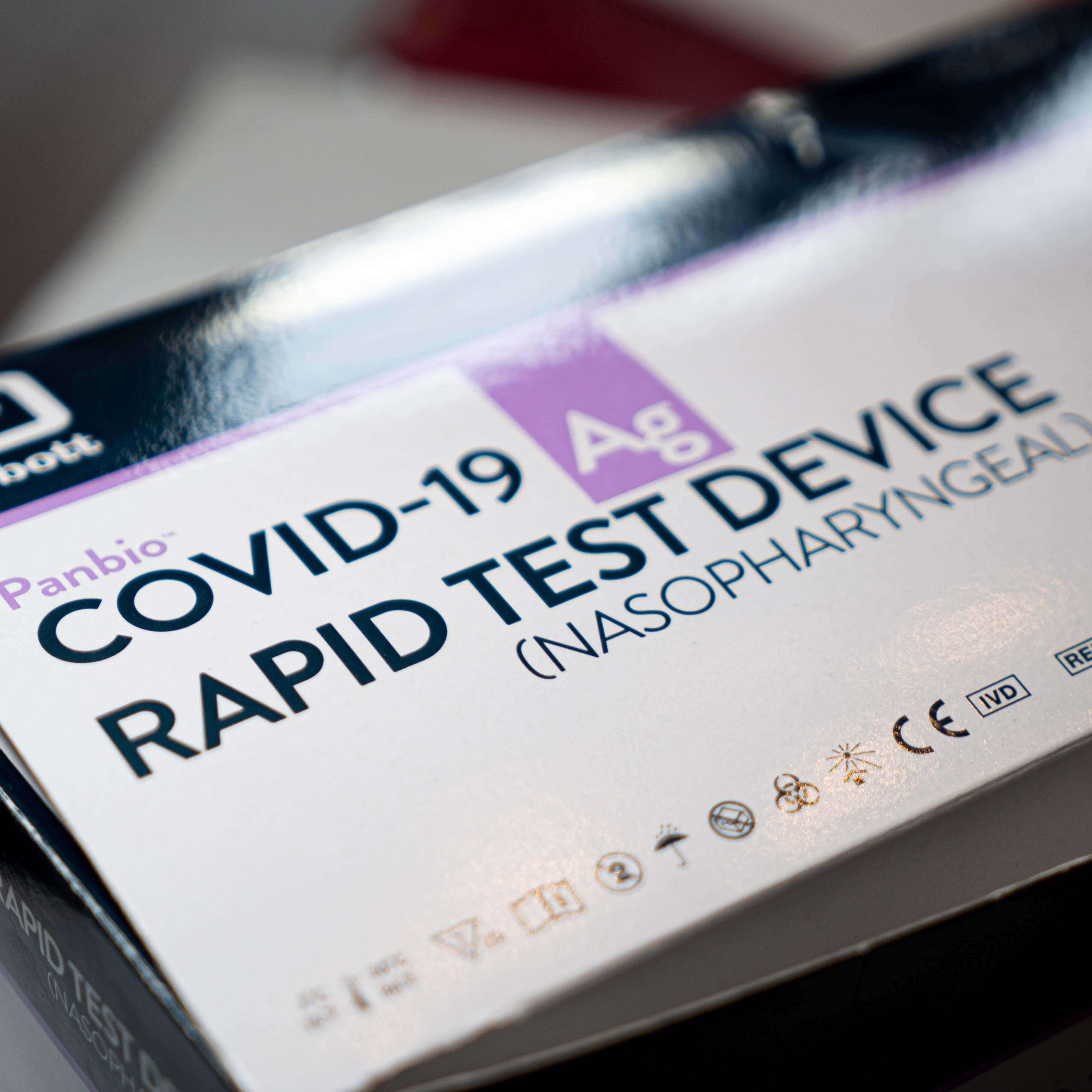
How Long Do Covid-19 Body Aches Last?
Coronavirus disease (COVID-19) is a very contagious viral infection brought on by the SARS-CoV-2 virus. It causes severe acute respiratory distress syndrome, and over 5.3 million people have died, terribly impacting the world's demographics. It has become the most significant worldwide health problem since the 1918 influenza epidemic.
COVID-19 is the term for persistent incapacitating and long-term symptoms after the acute sickness has subsided. SARS-CoV-2 spread quickly throughout the world after the first instances. This primarily respiratory viral illness was first recorded in Wuhan, Hubei Province, China, in late December 2019, prompting the World Health Organization (WHO) to proclaim it as a worldwide pandemic on March 11, 2020.
Fever, chills, cough, tiredness, runny nose, sore throat, loss of smell, loss of taste, diarrhoea, nausea are some of the common symptoms of Covid-19. If you experience COVID-19 symptoms, you should conduct a lateral flow test, such as a FlowFlex covid-19 test, consult for medical attention, and begin COVID-19 treatment if necessary and as soon as possible.
The UK government's primary strategy to combat the Covid-19 outbreak is to start testing individuals as much as possible. Public access to free and fast antigen tests for the Covid-19 pandemic is no longer possible. But don’t worry, you can easily conduct a Healgen antigen test by purchasing a self-testing kit in the UK, which is approved by the MHRA and NHS. They are known for providing precise results outside clinical settings.
What Causes Body Aches During Covid?

COVID-19 is one of the numerous viral illnesses that causes body aches as a symptom.
Body aches are frequently an early sign of COVID-19 and can linger for 2 to 5 days, according to findings from the ZOE COVID Symptom Study. In those over 35, symptoms are much more prone to persist for up to 7-8 days. According to the study, approximately 1 in 3 COVID-19 patients may feel body aches, and those between the ages of 16 and 65 are more likely to encounter this symptom than children or elderly persons.
COVID-19 may induce physical aches by causing inflammation. The body's primary viral defence is inflammation. However, it may have inevitable unfavourable consequences, such as discomfort, oedema, and stiffness. Additionally, it might cause more widespread and severe symptoms like fatigue and fever when battling a virus. After being identified, viruses cause the immune system to respond to inflammation. The body uses several intricate mechanisms to combat infections and other irritants. Dehydration and the usage of specific drugs, such as statins, are just two of the numerous potential reasons for body aches. The body's immune system's reaction to a virus may cause body aches brought on by illnesses. COVID-19-related body pains can cause dull, agonizing pain in the muscles. This discomfort, which can range in intensity from mild to severe, may affect one or more body areas.
How Long Do Covid-19 Body Aches Last?
Body aches are frequently the first sign of coronavirus infection. Within a few days or weeks, they often disappear on their own. However, some people continue to complain of physical aches after taking COVID. If so, you may have long-COVID, a condition in which the signs and symptoms of a COVID infection continue even after the virus has subsided. They can occur anywhere on the body, but still, the head, neck, or limbs are where they tend to show up the most frequently.
Now the question is, what is the average recovery time for the coronavirus disease? So the patients with mild symptoms of COVID-19 should start to feel better after two weeks, on average. People with more serious symptoms may experience sickness for up to six weeks. Of course, everyone's recuperation time will be different.
Other Factors That Can Cause Body Aches?
Other than COVID-19, there are several other potential reasons for body discomfort. Any factor that causes inflammation has the potential to cause body or muscle discomfort. Germs, viruses, fungi, and muscular tension frequently bring on inflammation. Stress on the muscles might also cause minor bodily aches. For instance, inappropriate posture when sitting, strenuous exercise, or repeating particular activities can all cause localized body discomfort. Other frequent reasons for bodily aches might be more likely to be the culprit than COVID-19. Body aches are a relatively common symptom that can be brought on by various conditions. Additional reasons for bodily discomfort include virus infection, such as that caused by the flu, the common cold, the coronavirus, excess workout, fibromyalgia, dehydration, lupus, mononucleosis, stress, arthritis, etc.
Tips to Get Rid of Covid Body Aches
COVID-related body aches typically subside independently without needing additional care. Generally, the best course of action is to stay hydrated and rest while your immunity fights the infection. Take ibuprofen or paracetamol if you want to get rid of your pain. You should see a doctor for monitoring and therapy if the discomfort lasts after the infection since you might suffer from signs of long-COVID.
Moreover, the immune system of seniors can be strengthened by eating a diet rich in specific minerals, nutrients, and fibre. It should contain foods high in beta-carotene, iron, and zinc to combat infections. Nutritionists advise seniors to drink 8 to 9 glasses of water daily to keep their mucous membranes wet and reduce their risk of getting the flu, the common cold, and body aches.
Conclusion
Body aches are one of the symptoms of COVID-19, along with a few others. Most patients will fully recover from the illness in a few weeks. However, some people may have ongoing muscle and body aches. The stages of covid recovery vary from one individual to another.
Other than COVID-19, there are numerous other potential causes of body discomfort, including bad posture or musculoskeletal conditions. If a person has ongoing body aches, they should see a doctor to see if another issue could be the source of the symptom. If you are searching for a precise yet reliable lateral flow test to buy, then look no further! Visit our website today!



